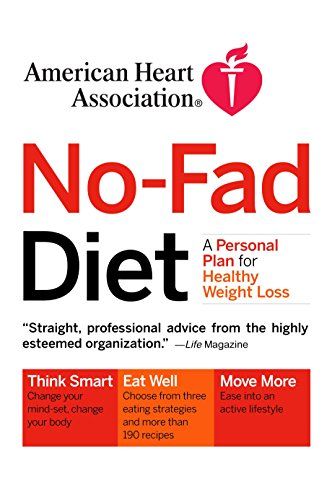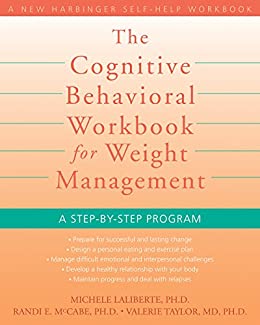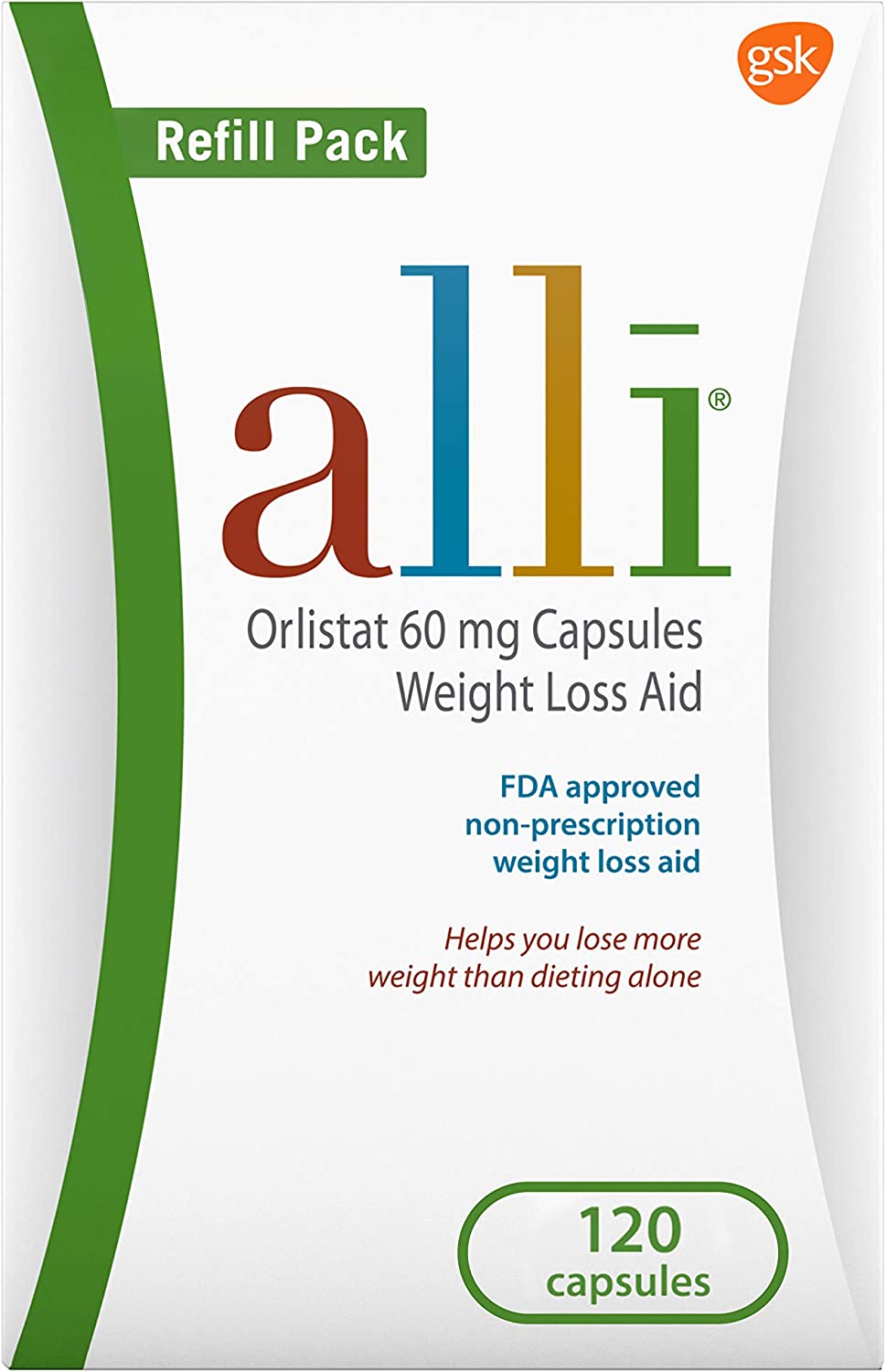Are you looking for ways to treat obesity-related health problems?
Being overweight or obese can lead to a wide range of health problems, from heart disease and diabetes to sleep apnea and depression. But there are treatments available that can help you get your health back on track!
From diet and exercise to medications and surgery, there are a variety of treatments available for obesity or severe obesity-related health problems. We’ll examine the treatments available and how they can help you achieve your health goals. We’ll also explore the risks and benefits of each treatment option so you can make an informed decision.
If you’re struggling with obesity-related health problems, don’t wait any longer. This article is your guide to understanding the treatments available and finding the right solution for you. Get ready to take control of your health and start feeling your best!
Obesity causes and treatments
Obesity is one of the most pervasive health challenges facing society today. There are a number of contributing factors that can increase a person’s risk for weight gain, including genetics, lifestyle choices, environments, and cultural influences. When it comes to treatments for weight loss, however, diet and exercise remain the cornerstone methods to help people reach a healthier weight. In severe cases of obesity where weight loss surgery may be necessary, bariatric surgery, gastric bypass, or sleeve gastrectomy can be an effective way of tackling excessive weight gain when dietary changes alone are not enough. Weight loss surgeries should always be discussed with a doctor in advance to help understand the possible risks associated with these procedures.
Dietary Modification

Applied Clinical Nutrition: Achieving Better Health with Dietary Modification and Supplements
Best for Dietary Modification
Why We Love It:
Losing weight can be a difficult journey, but it doesn't have to be! The Dietary Modification Book is an invaluable resource that allows you to achieve better health with dietary modification and supplements. This book helps you set realistic weight loss goals and provides clinically beneficial weight loss plans. With the Dietary Modification Book, you can learn how to lose weight safely and with healthy eating and activity habits.
What You Should Know:
The Dietary Modification Book is not just about weight loss. It also provides you with information on how to manage your weight, learn about weight loss drugs, and implement a balanced diet. This book is an excellent resource for anyone looking to achieve better health through dietary modification and supplements. So why wait? Get your own copy of the Dietary Modification Book today and start your journey towards a healthier you!
Diet programs and fad diets

American Heart Association No-Fad Diet: A Personal Plan for Healthy Weight Loss
Best for Achieving Better Health with Dietary Modification and Supplements
Why We Love It:
American Heart Association No-Fad Diet: A Personal Plan for Healthy Weight Loss is the perfect solution for those looking to achieve better health, and lose weight with dietary modification and supplements. This comprehensive diet plan helps you to lose weight and maintain your body weight, body mass index, and healthy weight for the long term. It’s packed with healthy eating tips and advice to help you get on track and stay on track. Plus, it provides detailed information on weight management and nutrition, so you can make informed decisions to achieve your desired weight goals.
What You Should Know:
American Heart Association No-Fad Diet: A Personal Plan for Healthy Weight Loss is the perfect diet plan to help you in losing weight without harming your long-term health. It provides detailed information on nutrition, weight management, and healthy eating so you can make informed decisions. With this diet plan, you can reach your desired weight goals and maintain a healthy weight. Plus, it’s filled with delicious recipes and meal plans so you can stay on track and keep the weight off for good. So why wait? Get on track with the American Heart Association No-Fad Diet: A Personal Plan for Healthy Weight Loss today!
Behavior Modification

The Cognitive Behavioral Workbook for Weight Management: A Step-by-Step Program
Best For Helping You Stay Disciplined and Dedicated To Your Weight Management Goals
Why We Love It:
The Cognitive Behavioral Workbook for Weight Management is a great tool to help you stay disciplined and dedicated to your weight management goals. It tackles the biology behind the body's regulation of weight, so you can better understand and control it.
The workbook also offers helpful strategies for overcoming obstacles, such as stress and emotional upsets. Plus, it will help you develop healthy eating habits and create a plan for physical activity to make sure you reach your weight loss goals and your journey in losing weight.
What You Should Know:
The Cognitive Behavioral Workbook for Weight Management is a comprehensive guide for those looking to take control of their weight. It provides readers with a better understanding of their body and how it works to regulate body weight and body mass index. The workbook also offers advice on healthy eating and physical activity, which are essential for successful weight loss and management.
Furthermore, it provides invaluable insight into the health risks associated with obesity, as well as strategies for avoiding weight gain. So why wait? Get your copy of The Cognitive Behavioral Workbook for Weight Management today!
Very low-calorie diets
VLCD's are weight loss plans that usually provide between 800 and 1,200 calories per day. When supervised by a medical professional, it can be a safe weight-loss strategy for individuals with weight-related health issues. However, it is not recommended for those trying to lose weight over the long term. In some cases, weight loss surgery such as bariatric surgery may be recommended for those living with severe obesity who are unable to lose weight when dieting or exercising alone.
Weight loss surgeries have been shown to improve weight-related complications, such as high blood pressure, and help people lead healthier lifestyles; however, individuals must still make lifestyle changes in order to maintain weight loss post-surgery. Ultimately, very low-calorie diets are an option for those looking to lose weight quickly but should only ever be done under medical supervision and not without careful consideration of the potential risks.
Dietary changes
Why We Love It:
Dietary Jerry's Weight Loss Survival Guide is the perfect resource to help anyone chart a path to health using a balance of nutritional advice. This guide provides an in-depth look at the science of weight loss, body weight, weight loss surgery, body mass index, high blood pressure, and the treatment of obesity.
It's packed with invaluable tips to help you lose weight, drop excess weight and maximize your weight loss efforts. With Dietary Jerry's Weight Loss Survival Guide, you can be sure you're on the right track to a healthy diet and losing weight safely.
What You Should Know:
Dietary Jerry's Weight Loss Survival Guide is a comprehensive guide that covers all the essential topics related to weight loss. It provides helpful tips and advice on nutrition, physical activity, and lifestyle changes.
The guide also includes a 12-week meal plan and 60 delicious recipes to make the journey to a healthier lifestyle easier. With this guide, you can be assured that you are getting the best information and advice to help you reach your weight loss goals.
Behavior changes
Obesity is a health condition linked to health risks such as diabetes and heart disease, so treatments aimed at reducing weight and preventing these health risks are of utmost importance. There are various behavior changes that can result in long-term weight loss; research has shown that engaging in physical activity, dietary modification, maintaining an organized eating schedule, and improving the quality of food consumed all contribute to successful weight loss. Additionally, prescribing medications or engaging in clinical trials may be beneficial for some individuals with obesity.
As a last resort, surgeries like gastric bypass or other bariatric surgeries can effectively reduce health risks associated with obesity when combined with intensive lifestyle modifications. Although behavior change therapies may require more effort initially, the long-term health benefits far surpass any hardships one may experience.
Treating obesity is essential for improving overall health. Many medical risks can be reduced or eliminated through healthy behaviors such as nutrition and physical activity. While this is the preferred method, trials have also identified bariatric surgery as a viable option for treating obesity-related health conditions.
Through bariatric surgery, long-term health improvement has become possible for some patients who otherwise have not seen success with diet and exercise alone. Ultimately, behavior changes such as these can lead to powerful health benefits and better quality of life.
Are Off-Label Drugs a Good Obesity Treatment?
With the growing prevalence of obesity in industrialized countries, researchers and medical professionals are searching for solutions. Though bariatric surgery is often considered the go-to remedy, off-label drugs provide another option to consider. Off-label weight loss drugs attempt to target processes like metabolism and satiety, helping those with a body mass index (BMI) above 30 take control of their health.
They have shown promise in clinical trials, with some patients losing a significant amount of weight and keeping it off for an extended period of time. Although not without risks, off-label drugs can be an effective choice for those interested in losing weight without bariatric surgery.
Why We Love It:
alli Weight Loss Diet Pills are the perfect way to get your weight loss journey started! This approved weight loss pill helps block about 25 percent of the fat you eat from being absorbed, making it a great way to get your diet and exercise plan on track. It's suitable for both women and men, and for every 5 pounds you lose through diet and exercise, alli can help you lose 2 to 3 more. Plus, it works in the digestive tract with minimal absorption into the bloodstream, meaning there is little to no effect on the cardiovascular and Central nervous systems.
What You Should Know:
alli Weight Loss Diet Pills are a great weight loss supplement for those trying to lose weight and manage obesity without weight loss surgery Alli can be taken with or without food, and you should take a multivitamin at bedtime to ensure you get all the necessary vitamins and minerals while taking the supplement.
Be sure to drink plenty of water throughout the day while taking alli, as it will help support your digestive health. So why wait? Get your alli Weight Loss Diet Pills today and start your weight loss journey!
Treatment For Obesity FAQs
Obesity is a growing problem in the US, and it's important to find treatments that work. But with all the different treatments out there, it can be hard to know which one is right for you.
From diets to medications to surgery, there are a lot of options when it comes to treating most obesity. But how do you know which one is the best option? We've compiled a list of the most frequently asked questions about treatments for obesity so you can make an informed decision.
What is the best treatment for obesity?
The best treatment for obesity depends on the individual and the severity of their condition. Generally speaking, treatment for obesity includes lifestyle changes such as eating a healthy diet, increasing physical activity and reducing stress.
In more severe cases, medications and/or surgery may be necessary. Additionally, seeking the help of a health professional, such as a dietitian or doctor, is recommended for those looking for long-term solutions to obesity.
How do obese people lose weight?
Obesity is a complex condition that requires a comprehensive approach to weight loss. The most successful strategies for weight loss involve a combination of healthier eating habits, physical activity, and lifestyle changes. Eating a balanced diet that is low in calories and high in nutrient-dense foods such as fruits and vegetables is key to successful weight loss.
Increasing physical activity, such as walking, swimming, or biking, is also important. Additionally, making lifestyle changes such as reducing stress, getting enough sleep, and limiting alcohol consumption can help people lose weight.
How long does it take an obese person to lose 20 pounds?
The amount of time it takes to lose 20 pounds depends on a variety of factors, such as the individual's starting weight, activity level, diet, and metabolism. Generally, it can take anywhere from 8 to 16 weeks to lose 20 pounds, with the average being 12 weeks.
It is important to note that the rate of weight loss should not exceed 2 pounds per week, as this could lead to health issues. Additionally, it is important to focus on making sustainable lifestyle changes, such as engaging in regular physical activity and eating a balanced diet, to ensure that the weight stays off in the long term.
Can Apple cider vinegar help you lose weight?
Yes, apple cider vinegar may help with weight loss. It contains acetic acid, which has been shown to reduce belly fat accumulation and suppress appetite. Additionally, apple cider vinegar may help improve insulin sensitivity and reduce blood sugar levels, both of which can help with weight loss. However, it's important to note that the effects of apple cider vinegar on weight loss are relatively small, and more research is needed to understand how it works.
Why is obesity difficult to treat?
Obesity is difficult to treat because it is a complex condition that is influenced by many factors, including genetics, lifestyle, environment, and psychological factors. In addition, obesity is a chronic condition, meaning it can take a long time to see results from treatment and lifestyle changes.
The body is also very efficient at maintaining a certain weight, so when you try to lose weight, your body will fight to keep it off. This can make it difficult to make and sustain lifestyle changes that lead to long-term weight loss. Additionally, many of the available treatments such as medications and surgery can have serious side effects and risks.
Where do you start when obese?
When you are obese, it is important to start with small, achievable goals. Start by focusing on making healthier food choices, such as eating more fruits and vegetables and limiting processed foods. Additionally, start a regular exercise program, such as walking, biking or swimming.
Aim for 30 minutes of physical activity per day, and gradually increase the intensity and duration of your workouts over time. Finally, make sure to get adequate sleep every night. All of these healthy habits can help you reach your weight loss goals.
Do weight loss pills work?
Weight loss pills can be effective, but it is important to note that they should be used in combination with a healthy diet and exercise plan. Weight loss pills are not a "magic pill" that will cause you to lose weight without any effort.
They can help to speed up the process of weight loss, but they should be used in combination with a healthy lifestyle. Additionally, it is important to speak with your doctor before taking any weight loss pills, as they can have side effects and may not be suitable for everyone.
Can you be obese and healthy?
Yes, it is possible to be obese and still be healthy. However, it is important to note that obesity increases the risk of developing a range of health problems, including diabetes, heart disease, stroke, and certain types of cancer. Therefore, it is important to maintain a healthy lifestyle and diet, even if you are obese.
Eating a balanced diet and engaging in regular physical activity can help to reduce the risk of developing obesity-related health problems. Additionally, it is important to talk to your doctor about any concerns you may have about your health.
Treatments For Obesity Concluding Thoughts
We hope this review has helped you decide on the best treatment for obesity for your needs. Whether you’re looking for a diet and exercise program, medication, or a combination of treatments, the five options we’ve highlighted here can help you get on the road to a healthier lifestyle.
From meal plans to supplements, these treatments are designed to help you achieve your weight loss goals in a safe and effective way. So don’t wait any longer and start your journey to a healthier you today!







